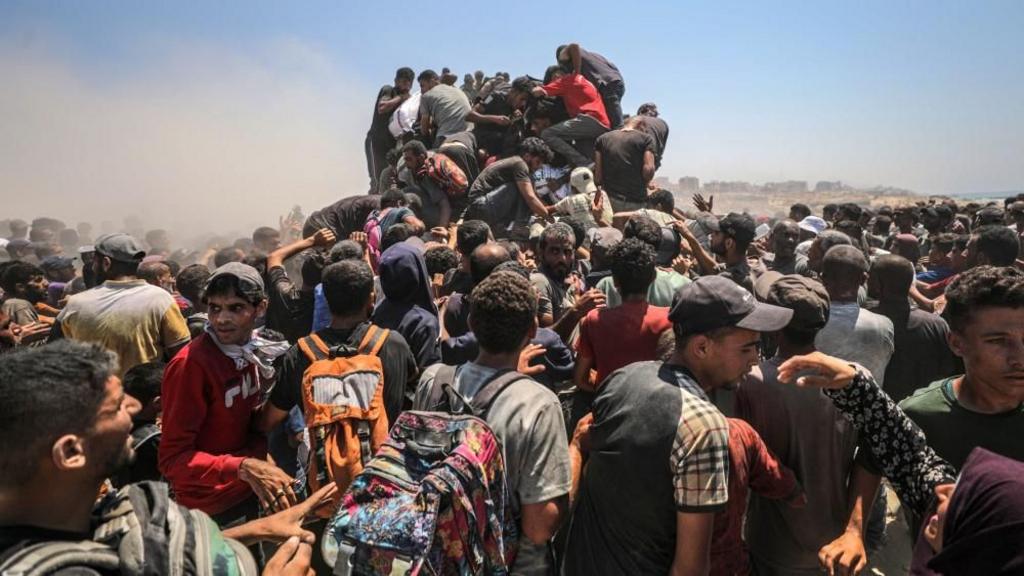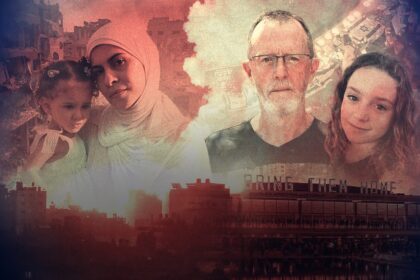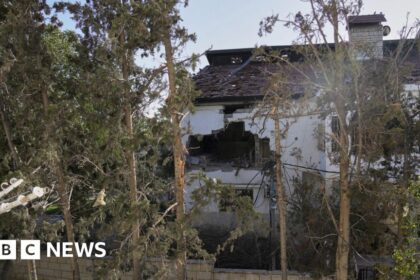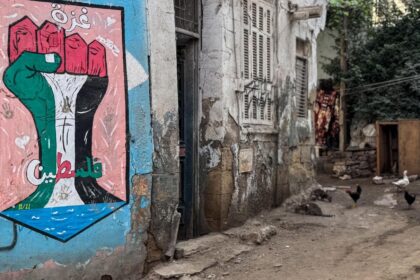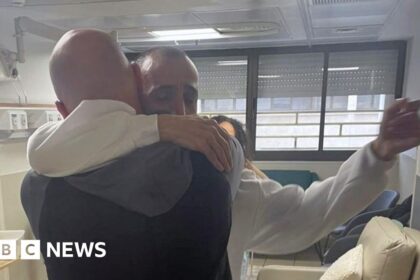The article discusses the ongoing humanitarian crisis in Gaza, where Israel has been denying permission for aid trucks to move beyond border crossings, leading to widespread hunger and malnutrition. The UN Office for the Coordination of Humanitarian Affairs has reported that Israel has denied permission for aid trucks hundreds of times.
The Israeli government has said it wants to put pressure on Hamas to release hostages, but the UN and other NGOs have warned of mass starvation and life-long consequences for the health of Gazans. Despite this, Israel has resumed aid supplies through a new foundation staffed by private US contractors, but hundreds of people have been killed trying to access food at or near these sites.
The article also reports on comments from Israeli Prime Minister Benjamin Netanyahu, who says that while Israel continues its fighting in Gaza and negotiations with Hamas, the country will allow the entry of “minimal” humanitarian supplies. He adds that there are secure routes for aid to enter Gaza, but the UN has been blamed by his government for the crisis Palestinians are facing.
The article also mentions a statement from Médecins Sans Frontières (MSF) emergency operations director Amande Bazerolle, who welcomes the announcement of a humanitarian pause in some parts of Gaza but warns that new aid measures announced by Israel are still “not enough” to combat fears of widespread malnutrition. She suggests that there should be a distribution list so that everybody knows they’re going to receive their own parcel.
Finally, the article reports on comments from UN agencies welcoming the temporary daily pause in Israeli offensive in parts of Gaza and the creation of humanitarian corridors. Unicef says it could do much more if additional designated humanitarian corridors are created to facilitate the movement of its convoys.




